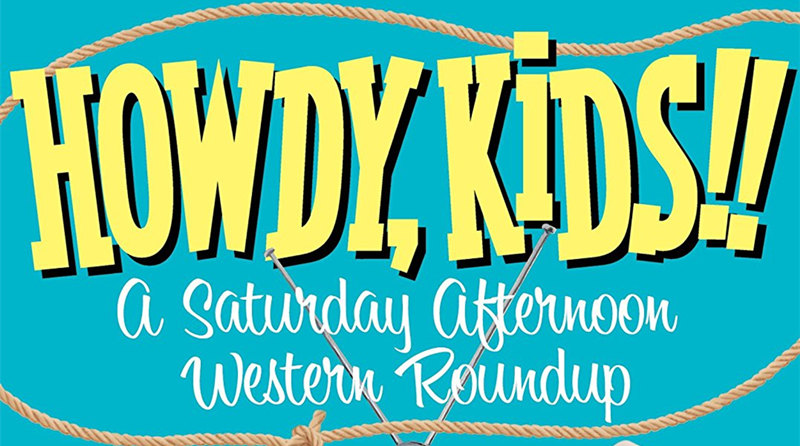Some films have a wise air about them. Just as “When Harry Met Sally” captured the essence of male-female relationships, “Four Weddings and a Funeral” conveys everything that is hilariously and poignantly true about the ceremonies we use to tie the knot and bid loved ones farewell. For this you have to credit Richard Curtis, who based his Oscar-nominated screenplay on more than 65 weddings he attended over an 11-year period.
Some of the funniest moments in this Mike Newell film were based on real nuptials. A priest (Rowan Atkinson, “Mr. Bean”) who sets the whole congregation laughing with his unintentional miscues? Curtis was there, just as he was embarrassingly silent in a room when the just-married couple broke in and, not seeing him, consummated their love right then and there. But it’s not just episodes like these that seem penetratingly wise. It’s the dialogue, too, and for that credit Curtis again for laboring through 20 rewrites. By the time the project reached an ensemble cast that included Hugh Grant, Andie MacDowell and Kristin Scott Thomas, it was already half-way to success.
Although Grant had appeared in more than a dozen films prior to “Four Weddings,” this film was arguably the one in which he became Hugh Grant for American audiences–a cinematic persona that was an appealing combination of commitment-phobic bad boy, cad, charmer, clueless stammerer, and basically decent chap–a character he would play in many movies to follow.
Charles (Grant) and his friends don’t have to crash weddings. They can’t remember a Saturday when they weren’t rushing off to a gala affair to which they were invited. There’s the portly and loutish Gareth (Simon Callow), whose Bacchanalian impulse is to exuberantly eat, drink, and be merry; the near-punk Scarlet (Charlotte Coleman), who’s Charles’ platonic roommate; Gareth’s significant other, Matthew (John Hannah); the vampish Fiona (Thomas), who has a crush on Charles; and Charles’ mute brother, David (David Bower). We never see this group anywhere but the events listed in the title, which span a 15-month period. But it’s a brilliant ensemble piece that allows us to observe them in these limited settings to such a degree that we sense we know them completely. The focus is on Grant, who wonders if he’ll ever find a woman who would make him settle down.
The wild-card in this mix is a fresh face among the usual suspects: an American named Carrie (MacDowell) who turns up at the first wedding. Charles is smitten. She’s engaged, but that doesn’t stop them from having a fling. For once in his life, though, Charles wants more. With Carrie turning up later, it’s their story that forms the main narrative thread. But the focus is on the whole ensemble, a wonderful group right down to the extras and “guest” brides and grooms. Of the cast, only MacDowell seems not quite right, her portrayal of a woman trailing 32 lovers in her wake even more reserved and proper than the English women who surround her. Then again, she stepped in as a last-minute replacement for the original Carrie just two weeks prior to filming, and her ever-so-flat performance isn’t a perceivable negative because her character is supposed to be stand-out different.
Gareth has a theory that people decide to get married because one day they realize that they’ve run out of things to say to each other. “Marriage is the definitive icebreaker,” he says, this robust man in kilt ready to dance at the drop of the next wedding invitation. “Four weddings and a Funeral” isn’t just an engaging ensemble piece or romantic comedy, it’s also a wonderful comedy of manners and a wickedly funny commentary on a cherished institution. Too bad the opening sequence is so loaded with F-bombs in this R-rated film. Aside from that and brief sexuality, it would have been the kind of movie the whole family would have loved to “attend.”
Video:
The picture is crisp-looking, with minimal grain and plenty of detail. Forearms, foreheads, and fore . . . well, all of the body parts look wonderfully clear in close-ups, and the skin-tones are perfectly natural-looking. Colors are bright in scenes when they need to be, and slightly overcast when the mood shifts. In either case, black levels are sufficient to power the visuals. “Four Weddings and a Funeral” comes to 50 GB Blu-ray via an AVC/MPEG-4 transfer and is presented in the original aspect ratio of 1.85:1, enhanced so that it completely fills out a widescreen monitor.
Audio:
The featured audio is an English DTS-HD MA 5.1 that’s mostly front-heavy because the film is dialogue-driven. At the weddings and en route the rear effects speakers come to life, but for the most part ambient sounds aren’t really as much of a presence as you might have thought. Additional audio options are French DTS 5.1 and Spanish Dolby Digital 2.0 Surround, with subtitles in English SDH, Spanish, and French.
Extras:
This Blu-ray has the same bonus features as on the “Deluxe Edition” DVD: a filmmakers’ commentary, deleted scenes, and short features on “The Wedding Planners,” “Four Weddings and a Funeral: In the Making,” and “Two Actors and a Director.”
Bottom Line:
In his DVD review, John J. Puccio gave “Four Weddings and a Funeral” an 8 out of 10, and I’d have to agree that it’s “thoughtful and clever, and, most of all, it’s laugh-out-loud funny.” Grant is charming, but I frankly can’t imagine the film without Callow. It’s his running commentaries on people and the absurdities of one of our most cherished institutions that makes you feel as if you’re going through it all with a friend who’s cracking wise.
Also Read: 10 Best Friends Turned Lovers Movies Like Love, Rosie


